Why we ran it: To see if this old-school compact executive estate had new-world charms
Month 1 - Month 2 - Month 3 - Specs
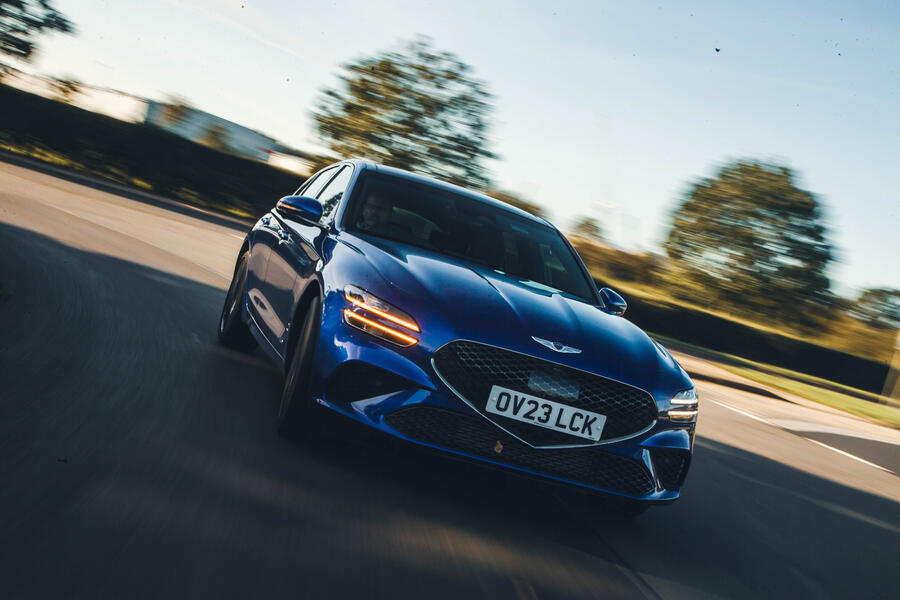
Final report: This car doesn’t make much sense on the face of it. But did we love it anyway?
I don't know how easy it is to recommend the Genesis G70 Shooting Brake, a car that's sufficiently old-fashioned in ethos that it would be an expensive choice to own yet so rewarding in its execution that it's tempting to guide people towards it anyway.
To recap: Genesis is the posh arm of Hyundai like Lexus is to Toyota or Infiniti is to Nissan - the latter no longer in Europe after discovering how hard it is to convince people to buy into a new prestige brand.
That's Genesis's first challenge, then. Add in launching during a pandemic with a 2.0-litre petrol estate that returns 31mpg when everybody is buying SUVs and when EVs are hugely incentivised as company cars and you get an idea of why it isn't common to stumble across a G70 Shooting Brake today.
It's a shame because I've enjoyed the time I've spent with this car. It's easy and practical to rub along with, sensibly and logically laid out inside and rewardingly characterful to drive in a way that taller cars generally aren't.
It came in 2.0-litre Sport form, then costing £41,995 before options (of which there were many fitted) - although back then you could have it with a 2.2-litre diesel instead.
As with the BMW 3 Series which is the G70's most obvious rival, this once would have been unmistakable company car territory for executives whose car list would have included compact saloons and wagons.
The G70 petrol's corresponding 217g/km of COz emissions, which puts it into the 37% benefit-in-kind tax bracket, is why it's a much harder sell than it once would have been.
Still, this is a pleasant engine, driving through an eight-speed automatic gearbox and a limited-slip differential to the rear wheels. You can decide how brappily augmented its sound is by the car's speakers through a comprehensive and attractively designed infotainment system that happily isn't lumbered with operating too many driving functions.
Such is the array of physical switchgear that it's possible to go through a journey without using the touchscreen at all - once, that is, you have spent a minute or two the first time you drive it setting the driver assistance settings to the levels you want. Otherwise, the number of bings and bongs can drive you to distraction.

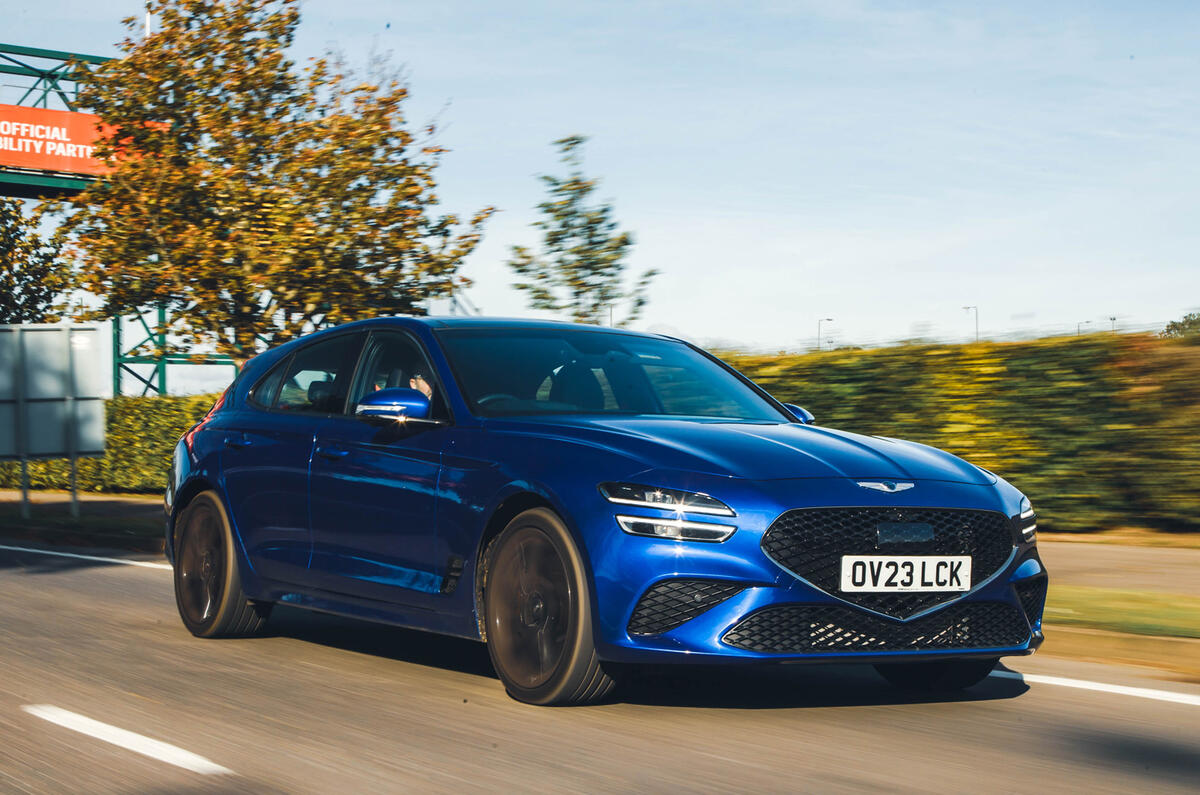
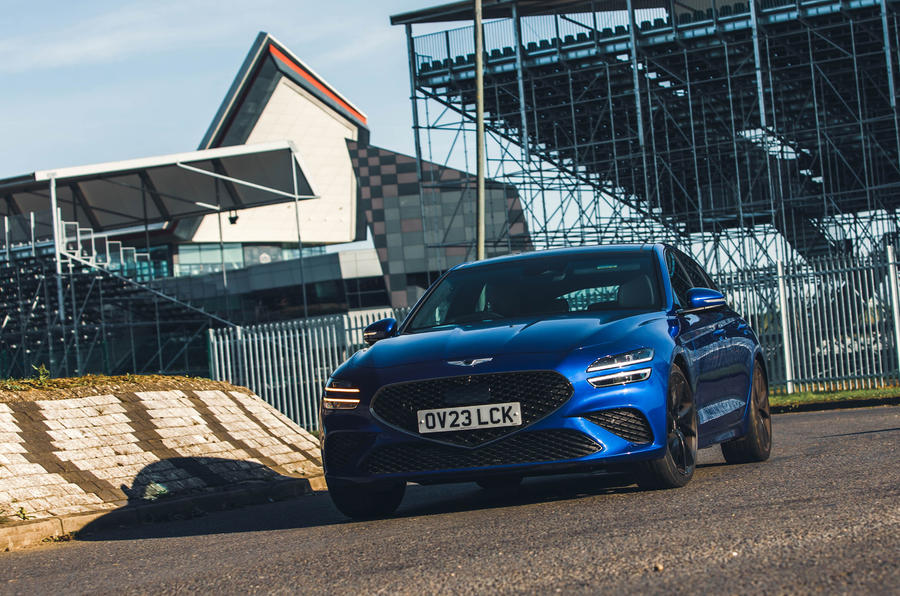
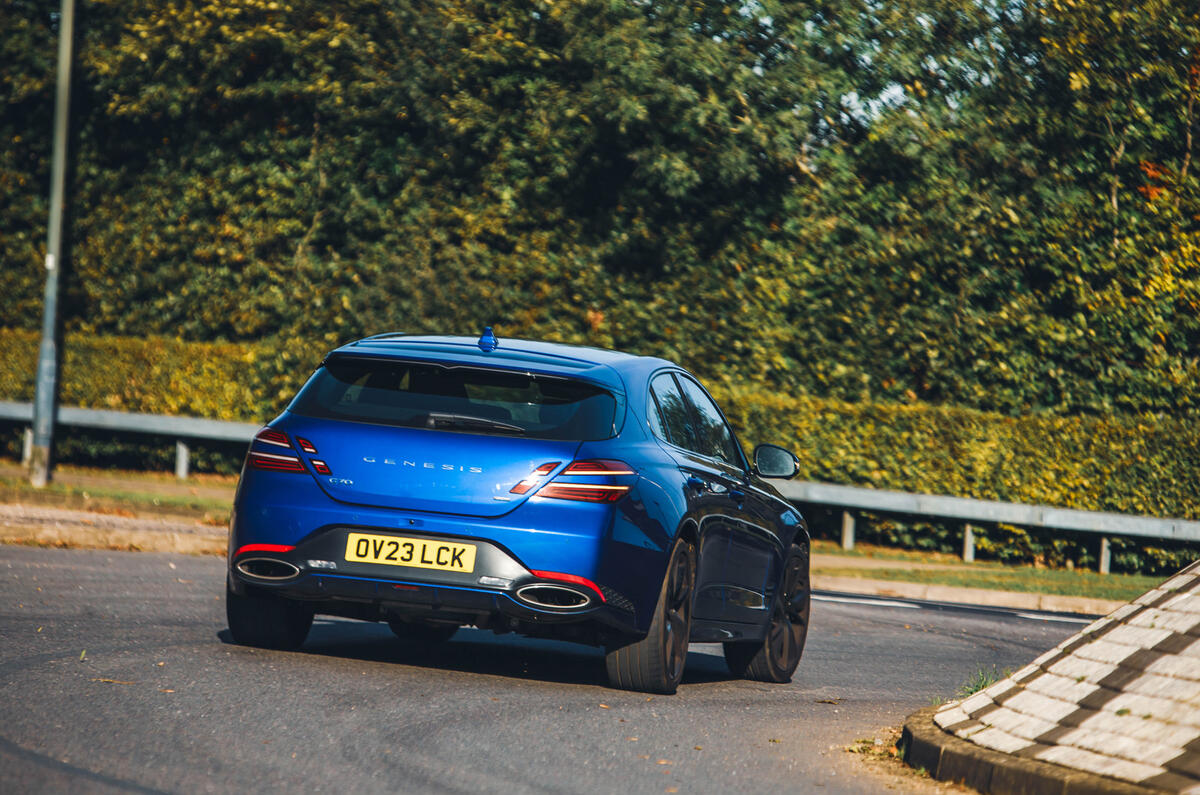
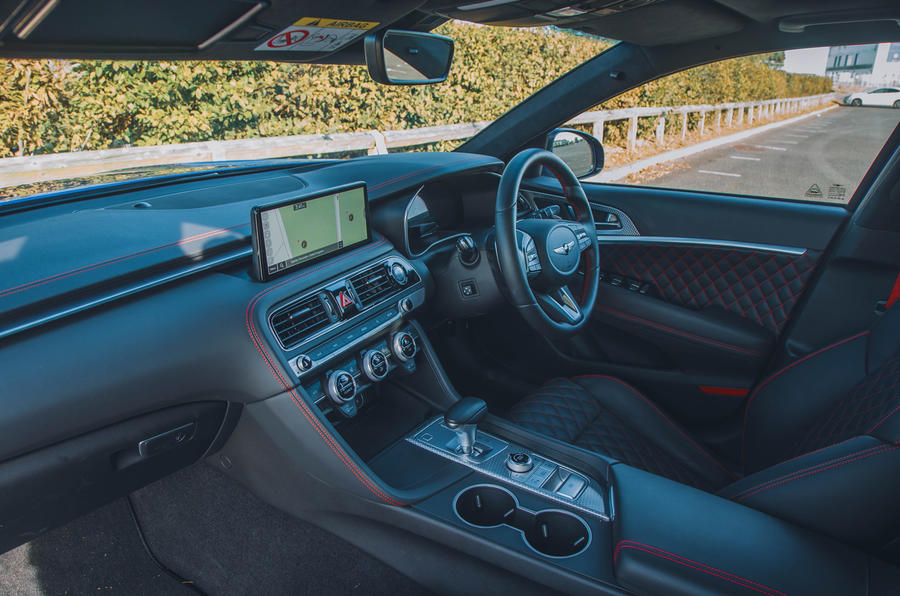
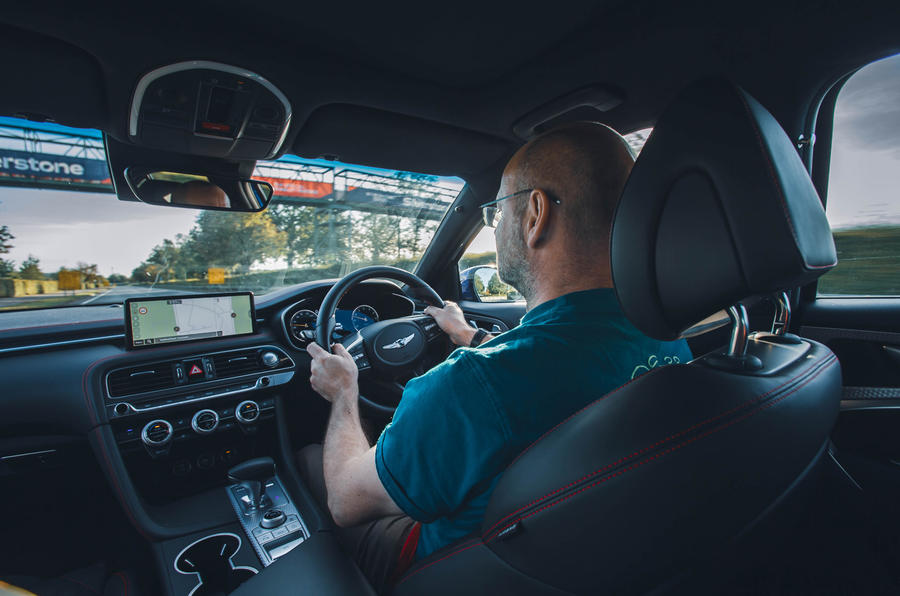
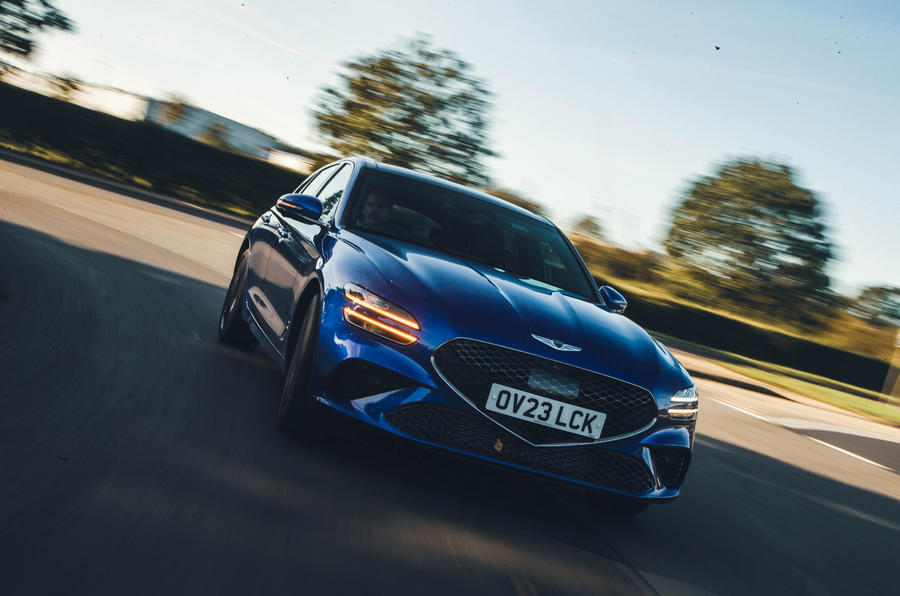
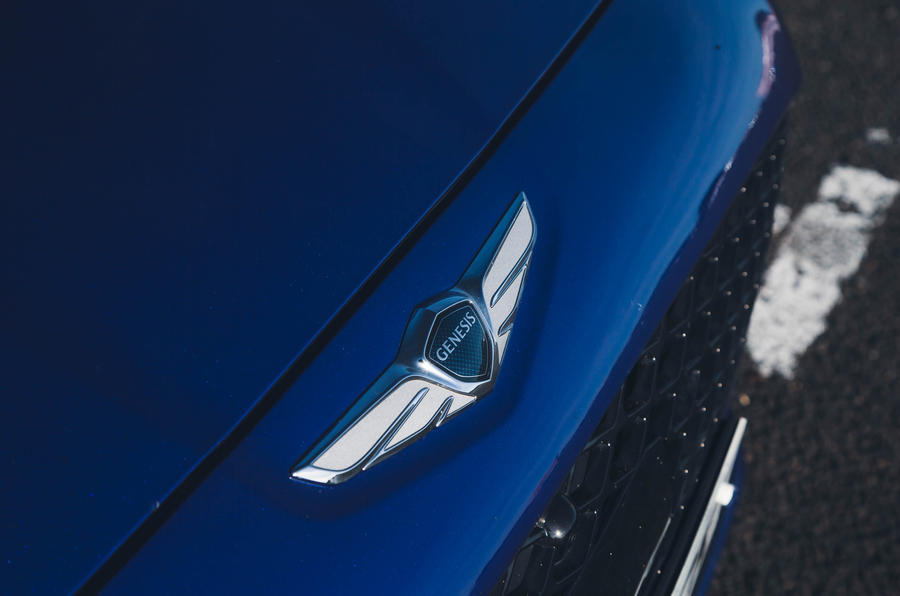
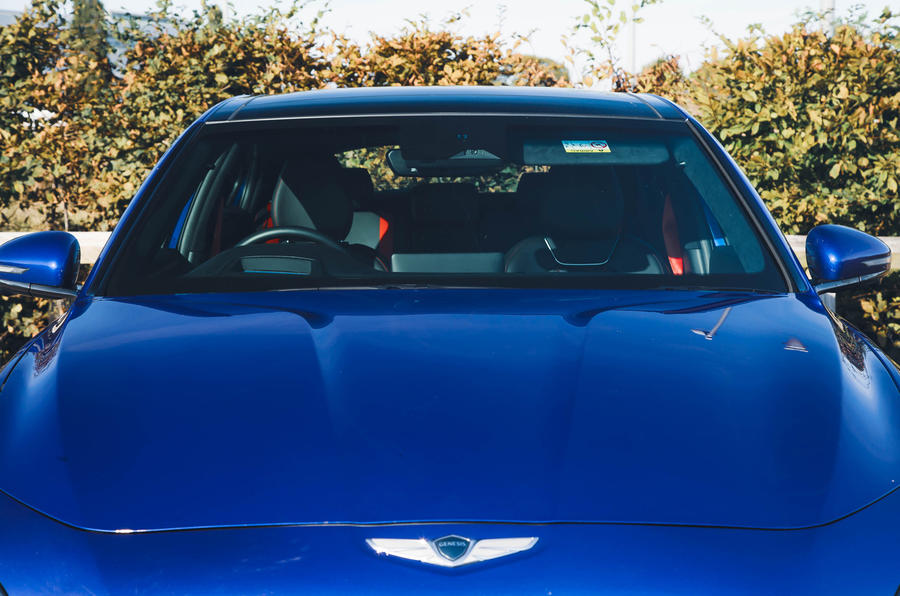
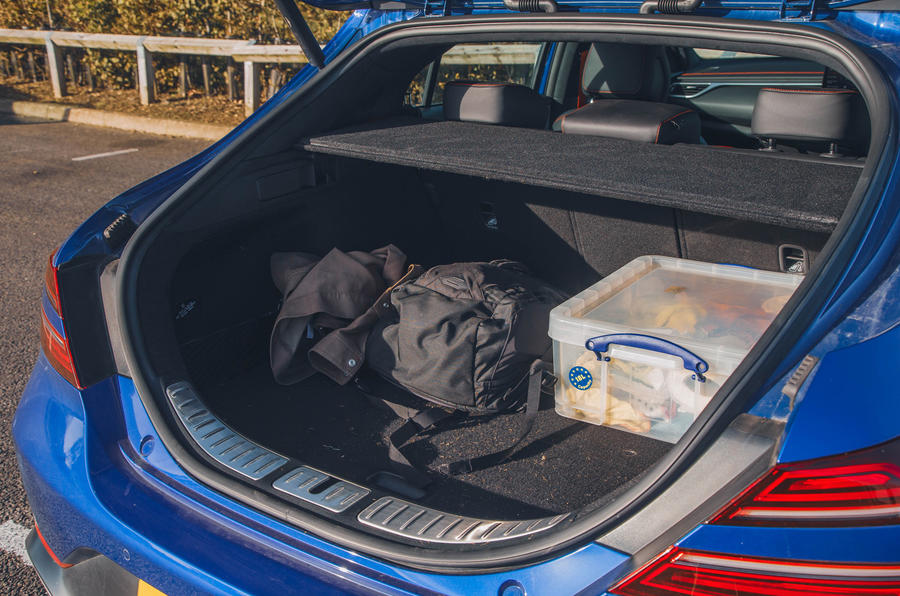
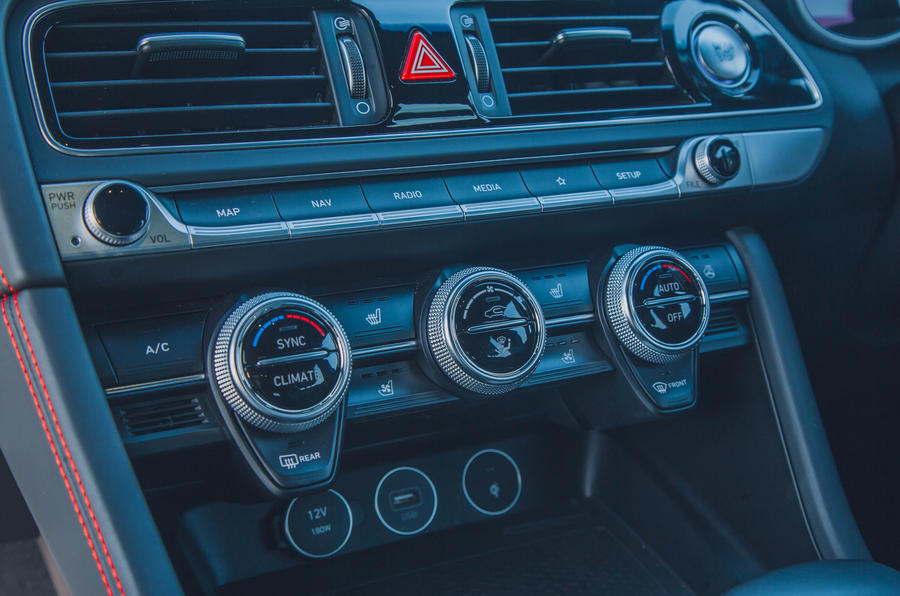
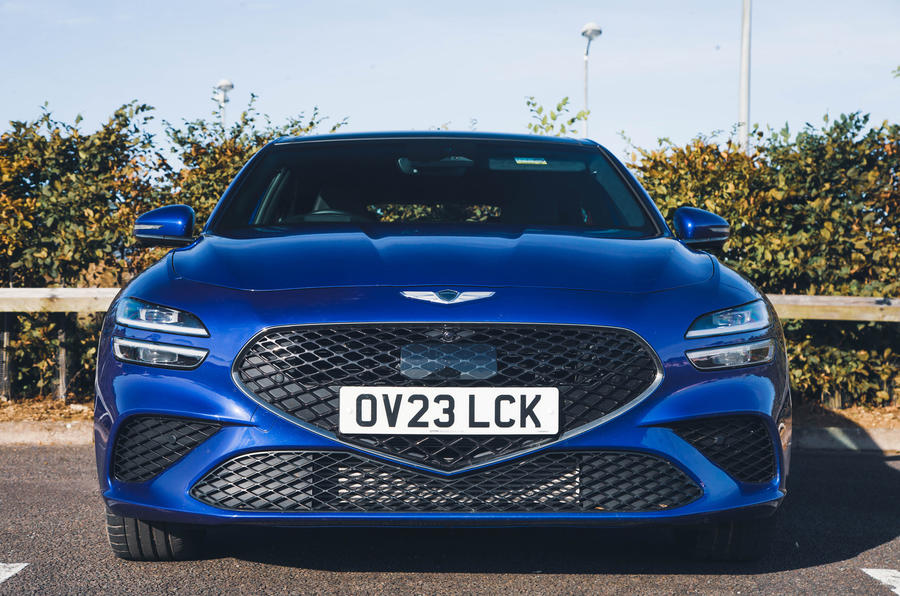
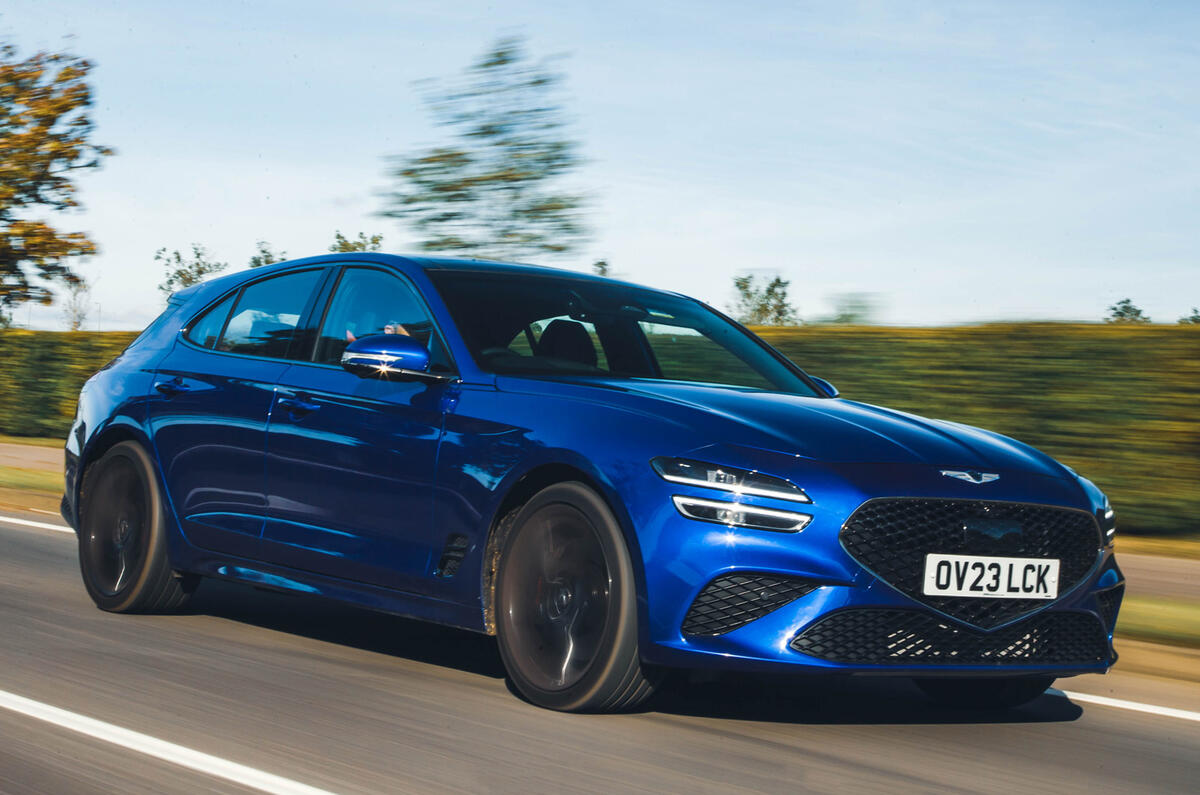
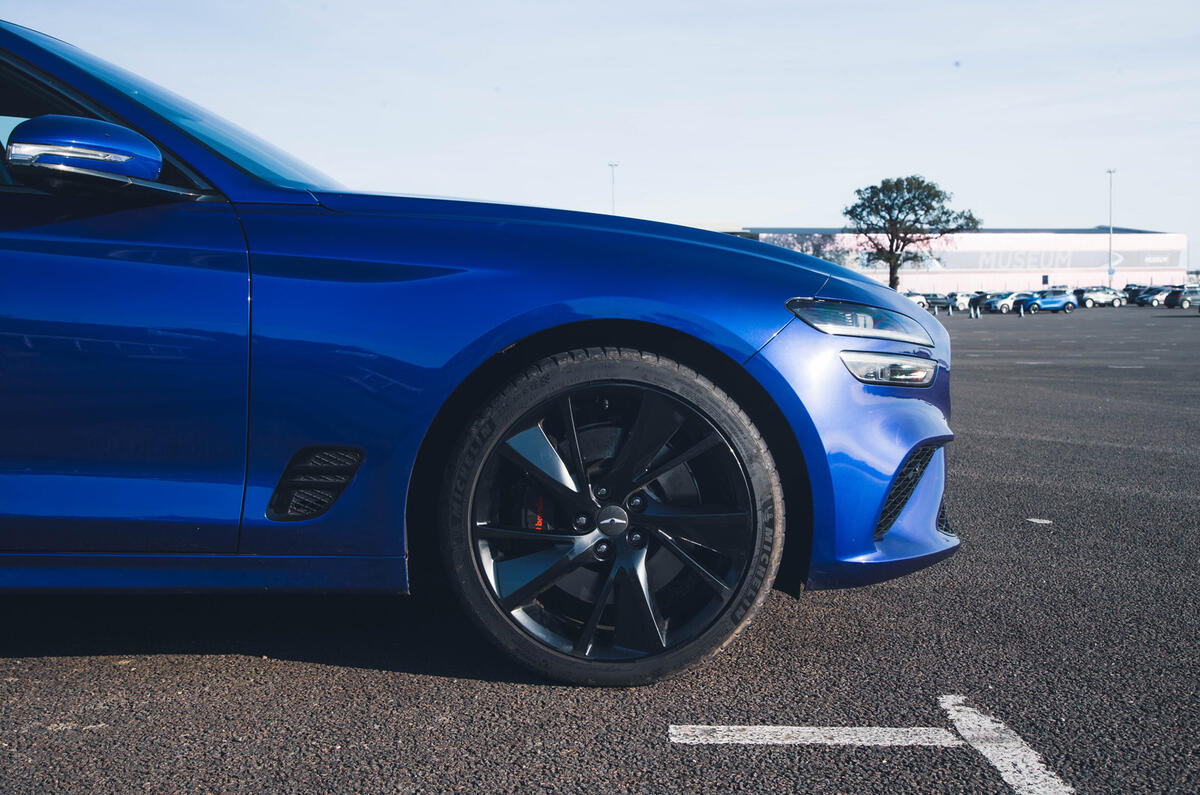
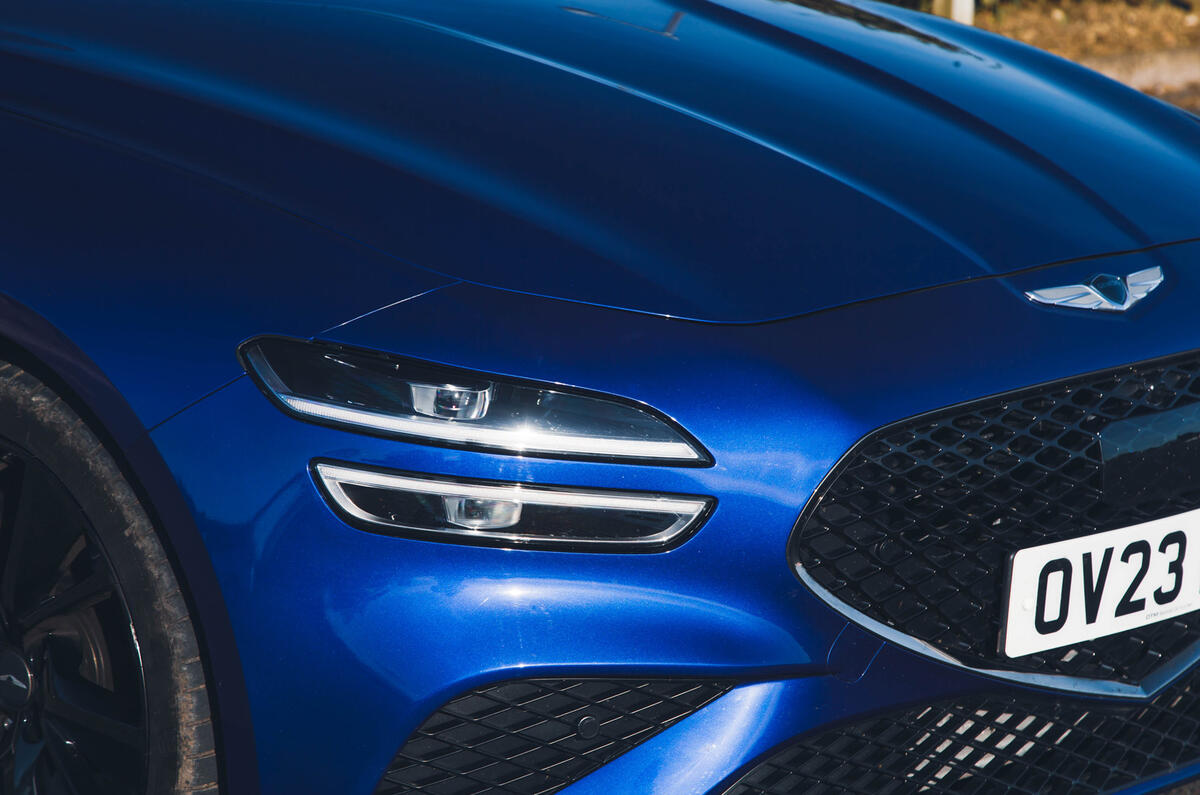
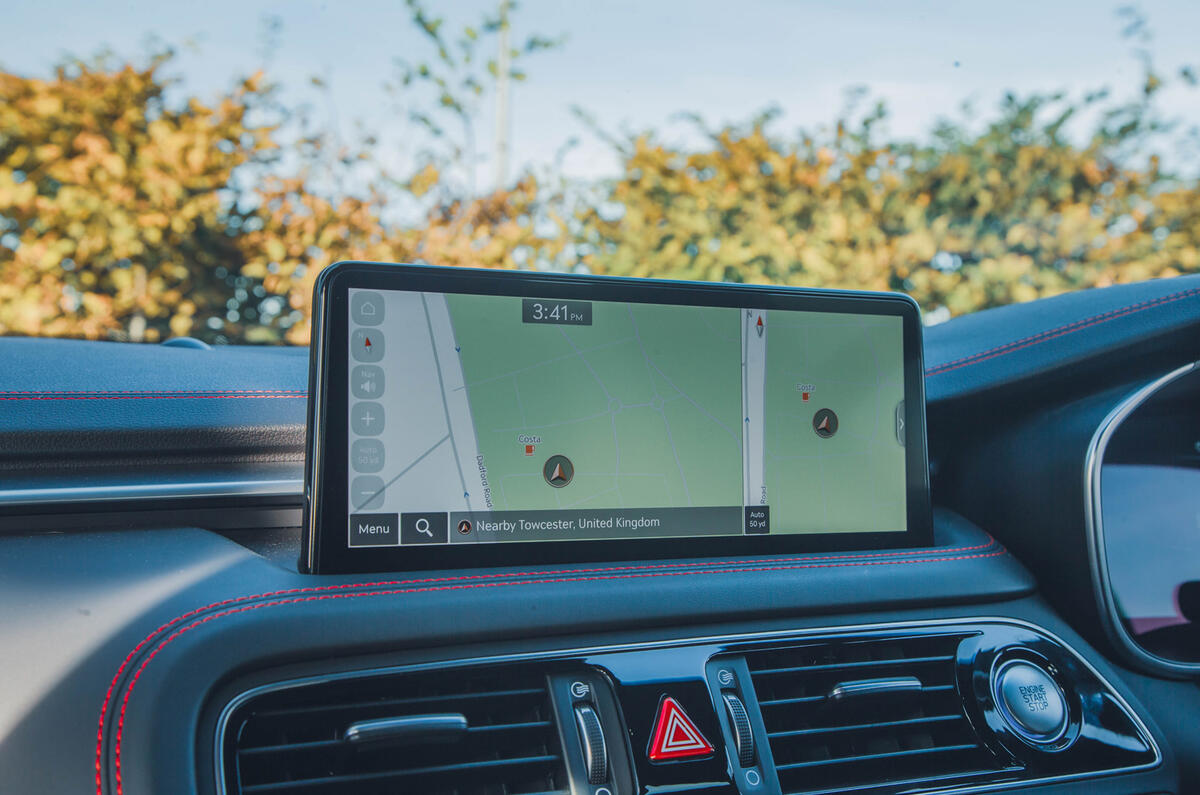

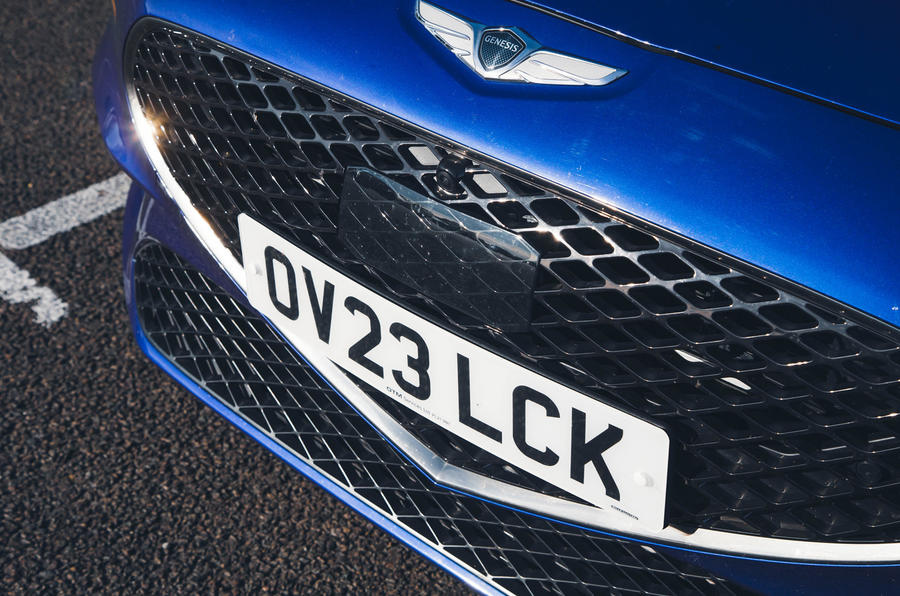
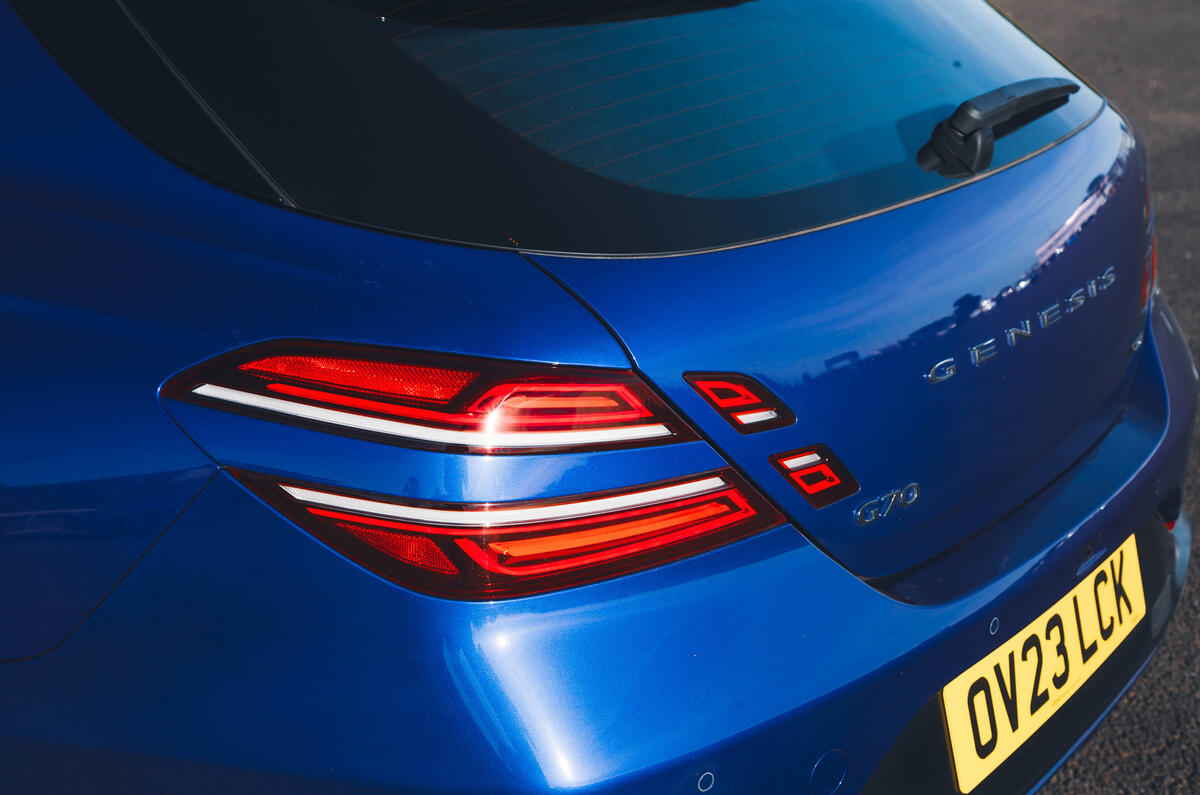
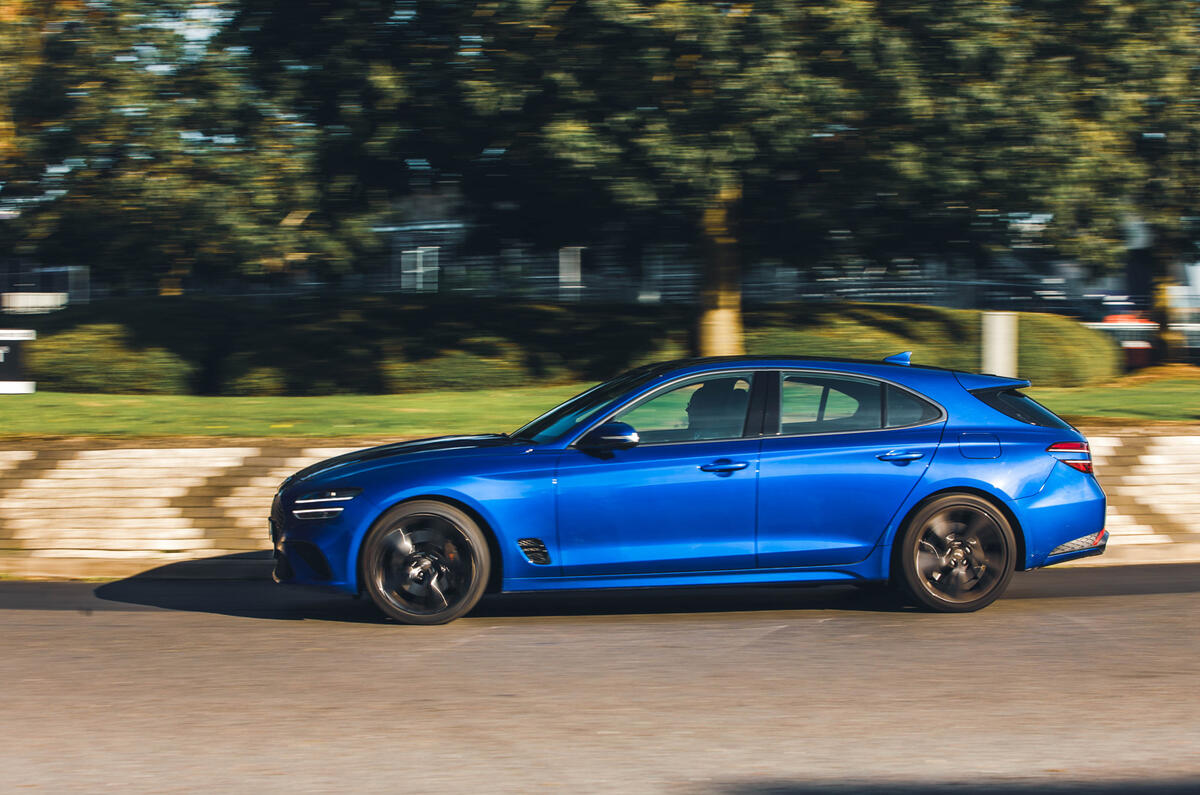
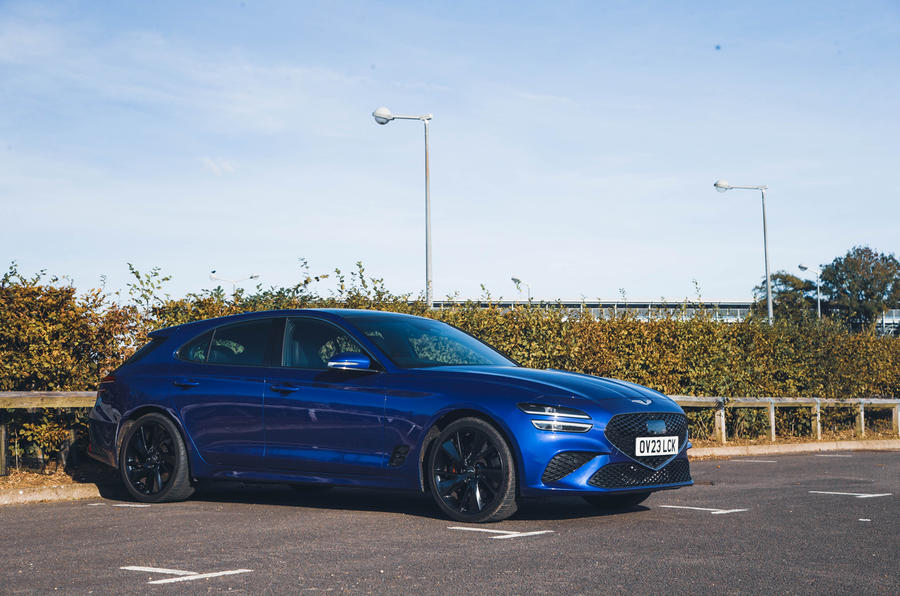
















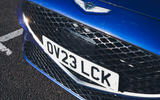




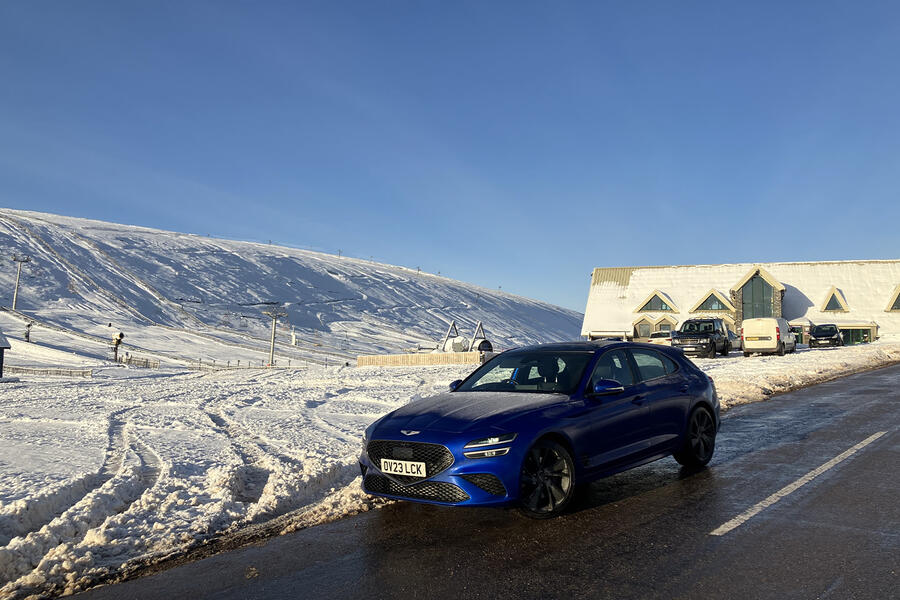

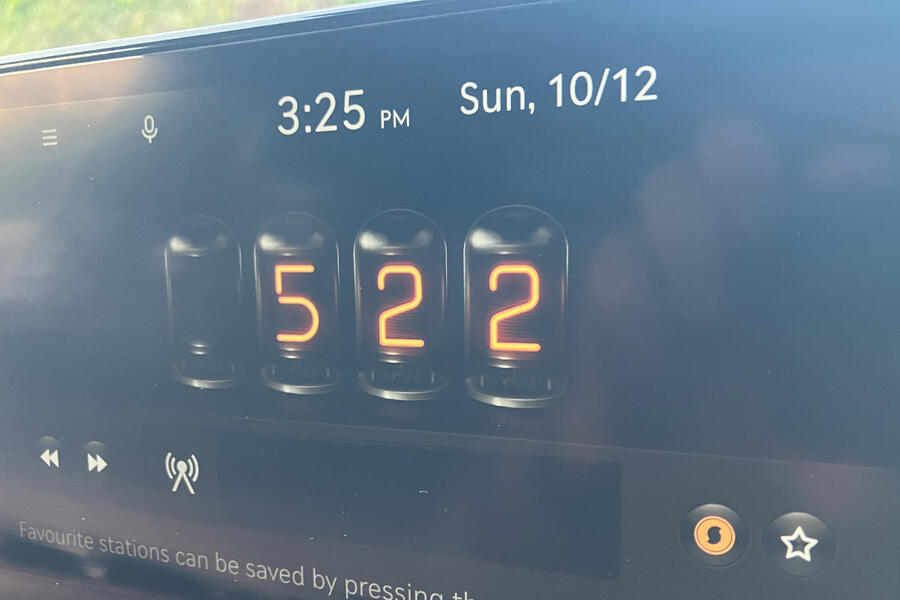
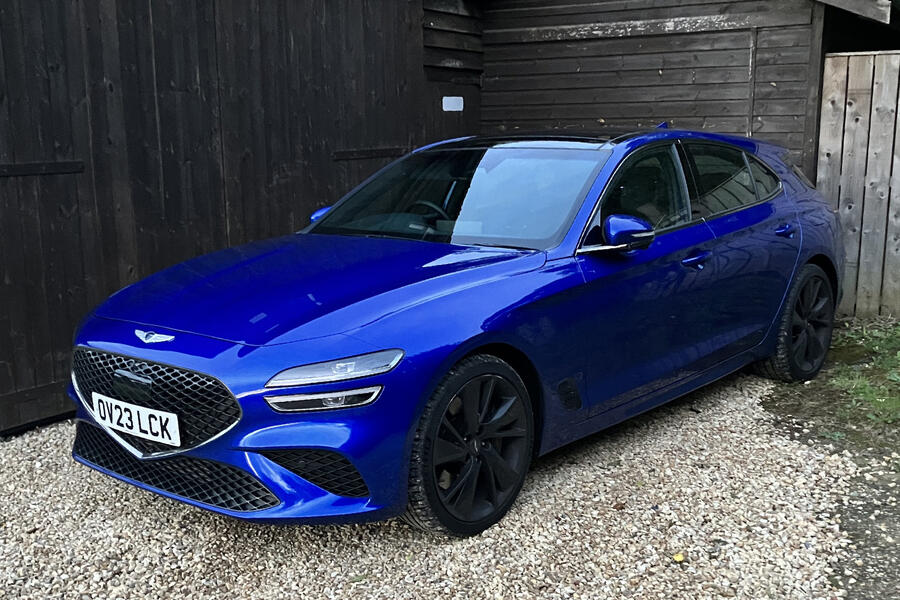
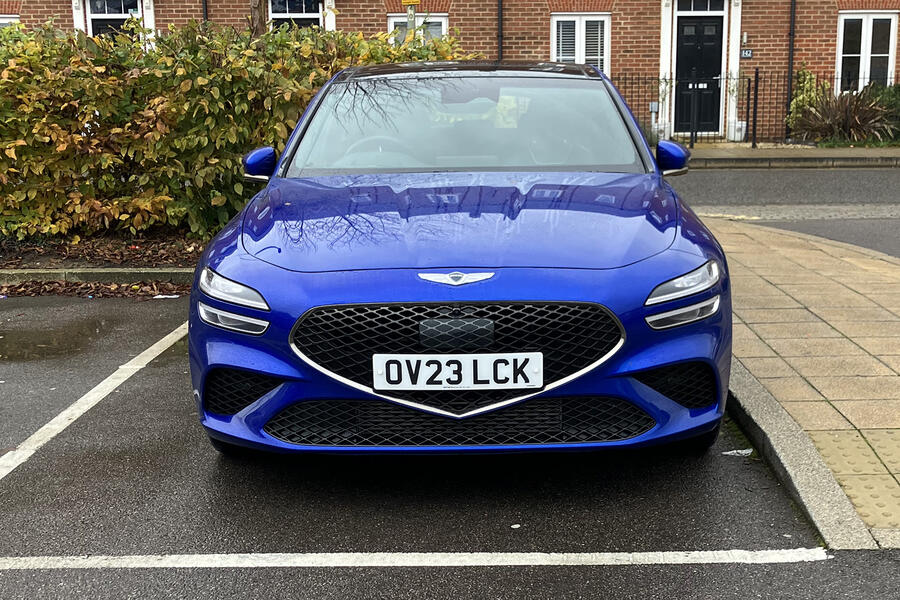
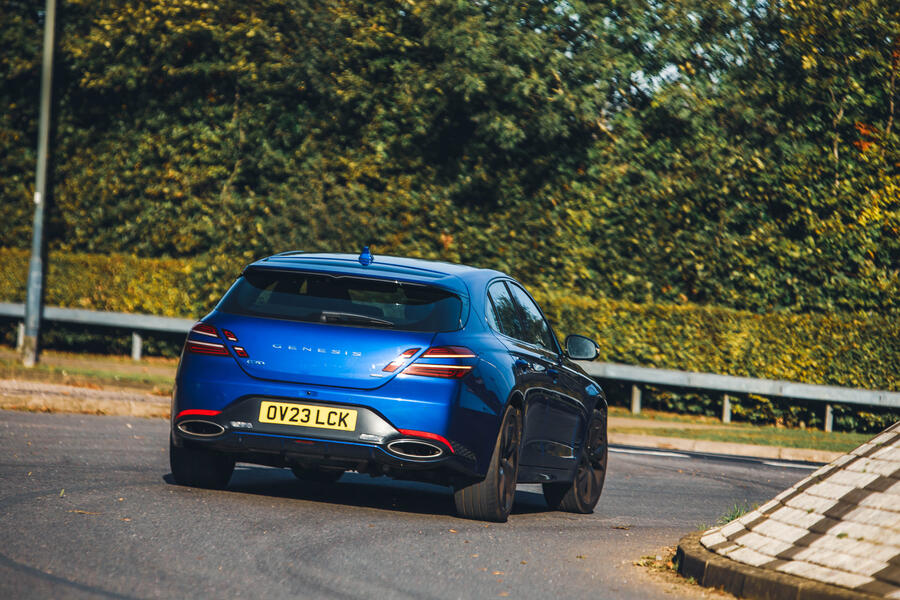

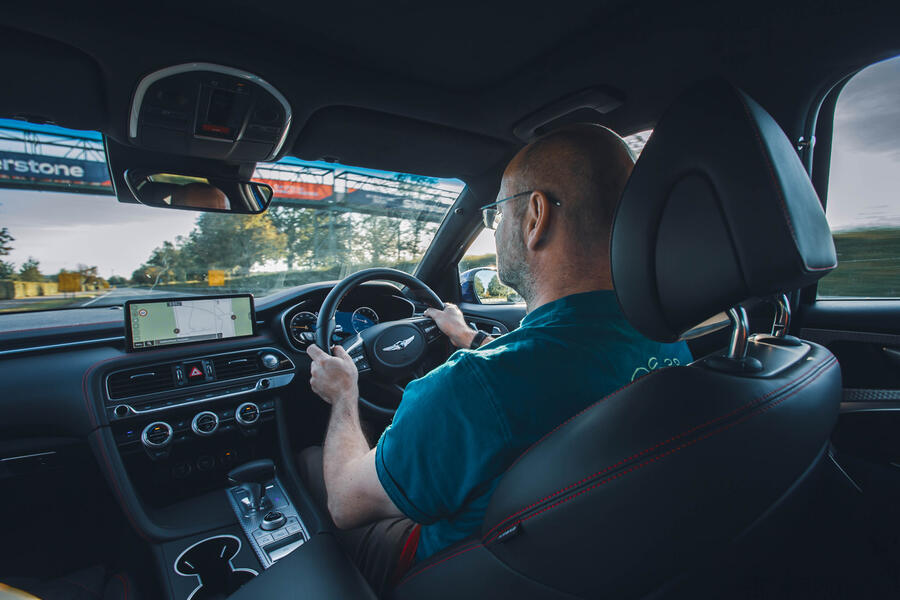




Join the debate
Add your comment
Whilst a completely different model, and an EV, i also have a Genesis, and its also a traditional car in the sense that its a four door Executive saloon and not an SUV!
I have the Electrified G80, and have owned it since July of last year. Prior to the Genesis I had a Maserati Ghibli Diesel for some seven years, and that was after twenty years of various Jaguar's. I always buy from new with the car ordered to my own spec, and I am asked a lot how the G80 compares to my previous car's, and I have to say this is the best car Ive owned!
At 80k for the model with options that I've got its some 10k less than its closest rival the Mercedes EQE, and whilst still an expensive car, it has every gadget, and for me the semi autonomous functionality is an absolute stand out feature making journeys, particularly on the Motorway so much more relaxing!
In terms of appearance both inside and out, there are few cars that offer this much 'bang for the buck'! Thanks to the rarity it often gets confused for a Bentley, which is not surprising given the chief stylist at Genesis used to occupy the same position at Bentley!
Whilst the cabin, unlike most new cars these days takes a luxury approach with extensive use of Nappa Leather on the seats doors and dashboard with a modern take on the use of real wood veneers.
In terms of real world range, in warm weather you can get between 250 -280 miles when driving at the speed limit, with 3.5 miles per kWh easily achievable.